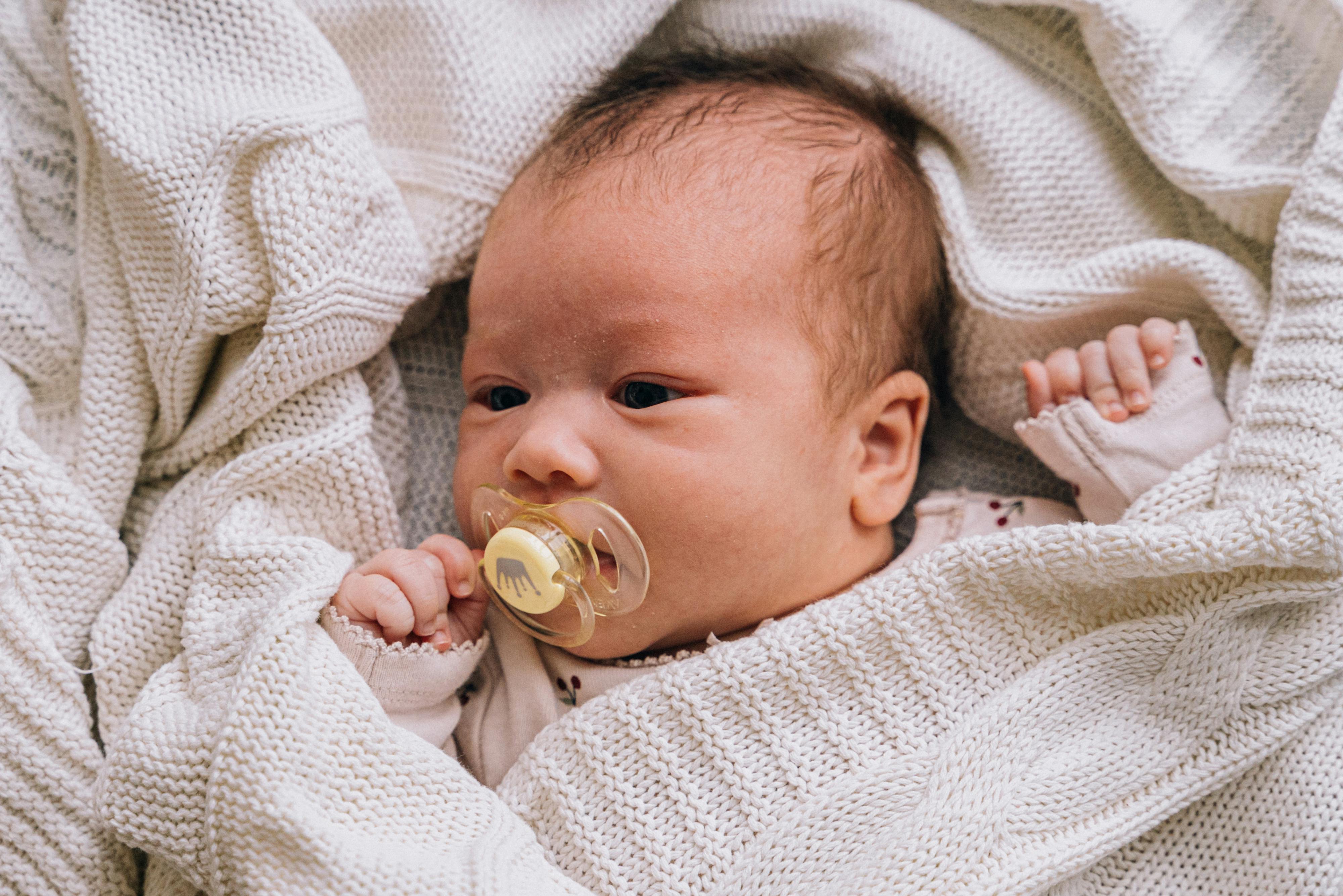Table of Contents
Setting Clear Expectations
One of the first steps in building trust with your babysitter is setting clear expectations. This includes discussing responsibilities, rules, and guidelines for caring for your child. Be upfront about your expectations regarding discipline, screen time limits, bedtime routines, and any other specific instructions you have for your child. It’s important to ensure that your babysitter understands and agrees to these expectations before they begin caring for your child. By being clear from the start, you can avoid misunderstandings and conflicts down the road.
On-Demand Childcare in Your Neighborhood
Book a Sitter
Communication is Key
In any relationship, communication is key. This is especially true when it comes to your relationship with your babysitter. Make sure to establish open lines of communication from the beginning. Encourage your babysitter to ask questions, raise concerns, and provide updates on how your child is doing. Likewise, be sure to communicate with your babysitter about any changes in schedules, routines, or rules. By keeping the lines of communication open, you can address any issues that may arise and ensure that everyone is on the same page.
Building a Relationship
Building a relationship with your babysitter is essential for establishing trust. Take the time to get to know your babysitter on a personal level. Ask about their background, interests, and experiences with childcare. Show genuine interest in their well-being and make an effort to connect with them on a personal level. By building a strong relationship with your babysitter, you can create a sense of camaraderie and mutual respect that will benefit both you and your child.

Respect and Appreciation
Respect and appreciation go a long way in building trust with your babysitter. Treat your babysitter with kindness, respect, and gratitude for the important role they play in caring for your child. Show appreciation for their hard work, dedication, and reliability. Remember to thank them for their efforts and recognize their contributions to your family.
By showing respect and appreciation for your babysitter, you can strengthen your relationship and create a positive and supportive environment for your child.
Regular Check-ins and Feedback
Lastly, regular check-ins and feedback are essential for maintaining a strong relationship with your babysitter. Schedule time to meet with your babysitter to discuss how things are going, address any concerns, and provide feedback on their performance. Encourage your babysitter to share their thoughts and feelings about their experiences caring for your child. By having open and honest discussions on a regular basis, you can ensure that your relationship with your babysitter remains strong and that your child receives the best possible care.
In conclusion, building trust with your babysitter is crucial for ensuring the safety and well-being of your child. By setting clear expectations, communicating effectively, building a relationship, showing respect and appreciation, and conducting regular check-ins and feedback, you can establish a strong and positive relationship with your babysitter. Remember that trust is a two-way street, so be sure to treat your babysitter with the same level of trust and respect that you expect in return. By following these tips, you can create a trusting and mutually beneficial partnership with your babysitter that will benefit both you and your child in the long run.










